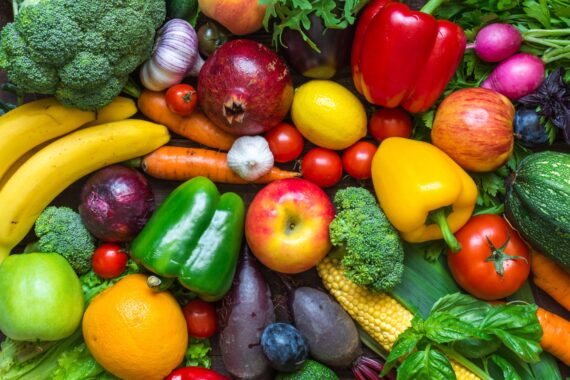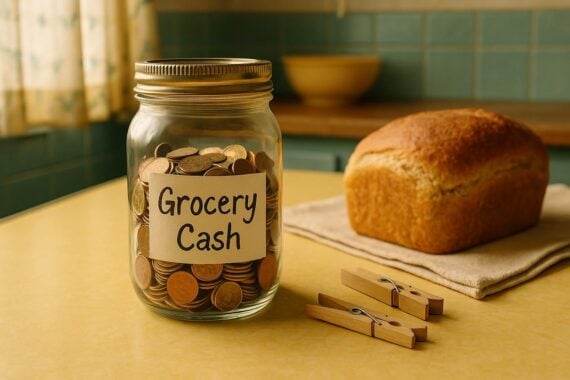With the pandemic’s ongoing effects on daily life, it seems like many of us are eating fewer fresh fruits and vegetables. “I’m hearing that is a struggle, yes,” says Seattle-based registered dietitian Ginger Hultin, a spokesperson for the Academy of Nutrition and Dietetics and owner of ChampagneNutrition. “With people getting to the store less, it’s more of a challenge to keep fresh produce on hand specifically.” Between that limited access as well as the financial pressures so many of us are facing, when we are able to get fresh produce into our homes, many of us want to ensure that it’s getting used and not wasted. Here are the fruits and vegetables that will stay fresh longer vs. those that won’t, as well as some tips for using and storing all of them.
Related: Here’s How Long You Have to Safely Eat 25 Unrefrigerated Foods
Will Last: Broccoli
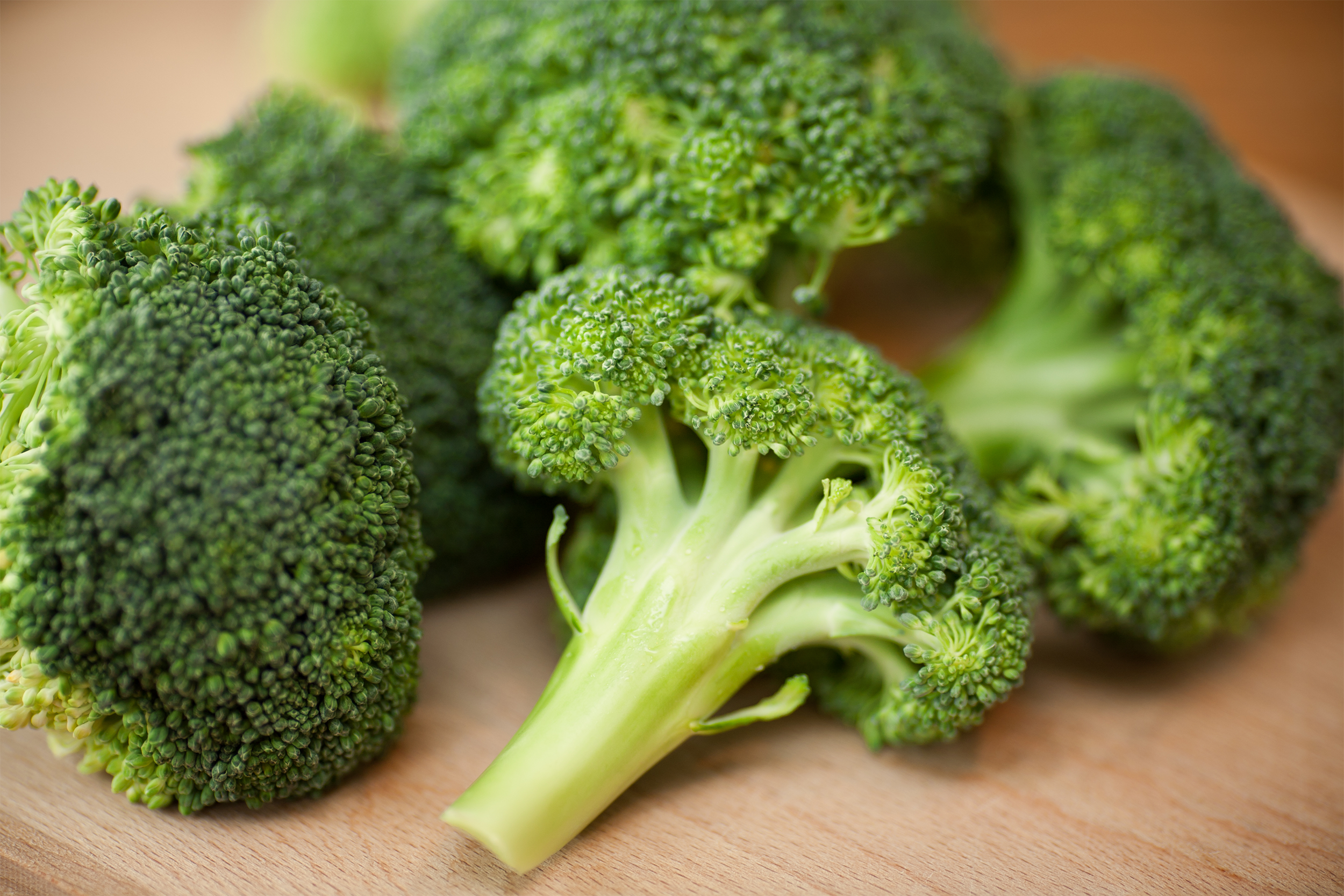
Related: 30 Vegetable Recipes for People Who Hate Vegetables
Will Last: Cauliflower
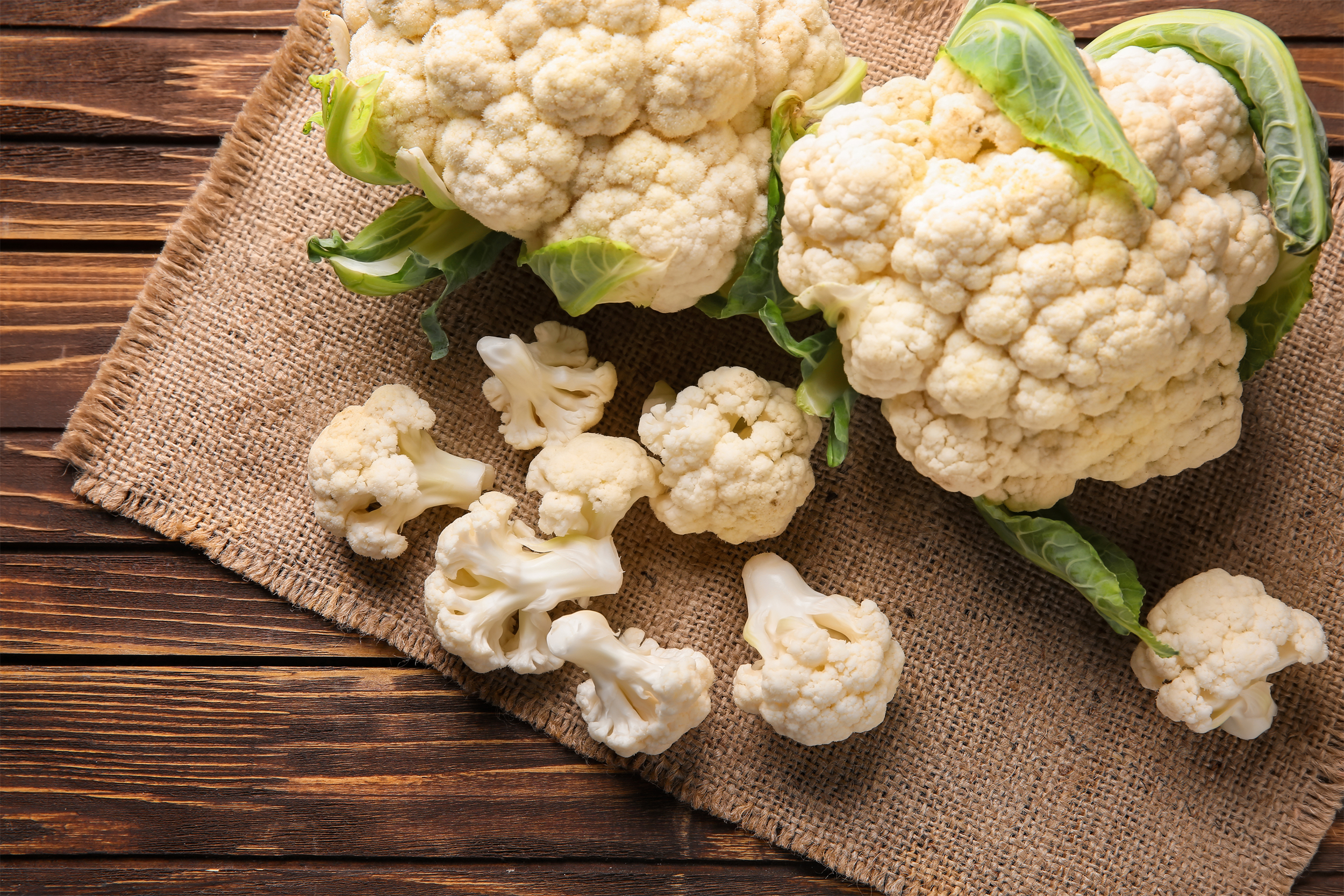
Cauliflower is also part of the crucifer family and will keep for longer periods of time. It’s also easy to portion it out and freeze for future meals. “One of the best things you can do with your fresh veggies to make them really last is to cut them up and freeze them. You can chop up your broccoli, cauliflower, carrots, green beans, celery, and even greens and store them in the freezer for future use.”
For more helpful kitchen tips, please sign up for our free newsletters.
Will Last: Brussels Sprouts
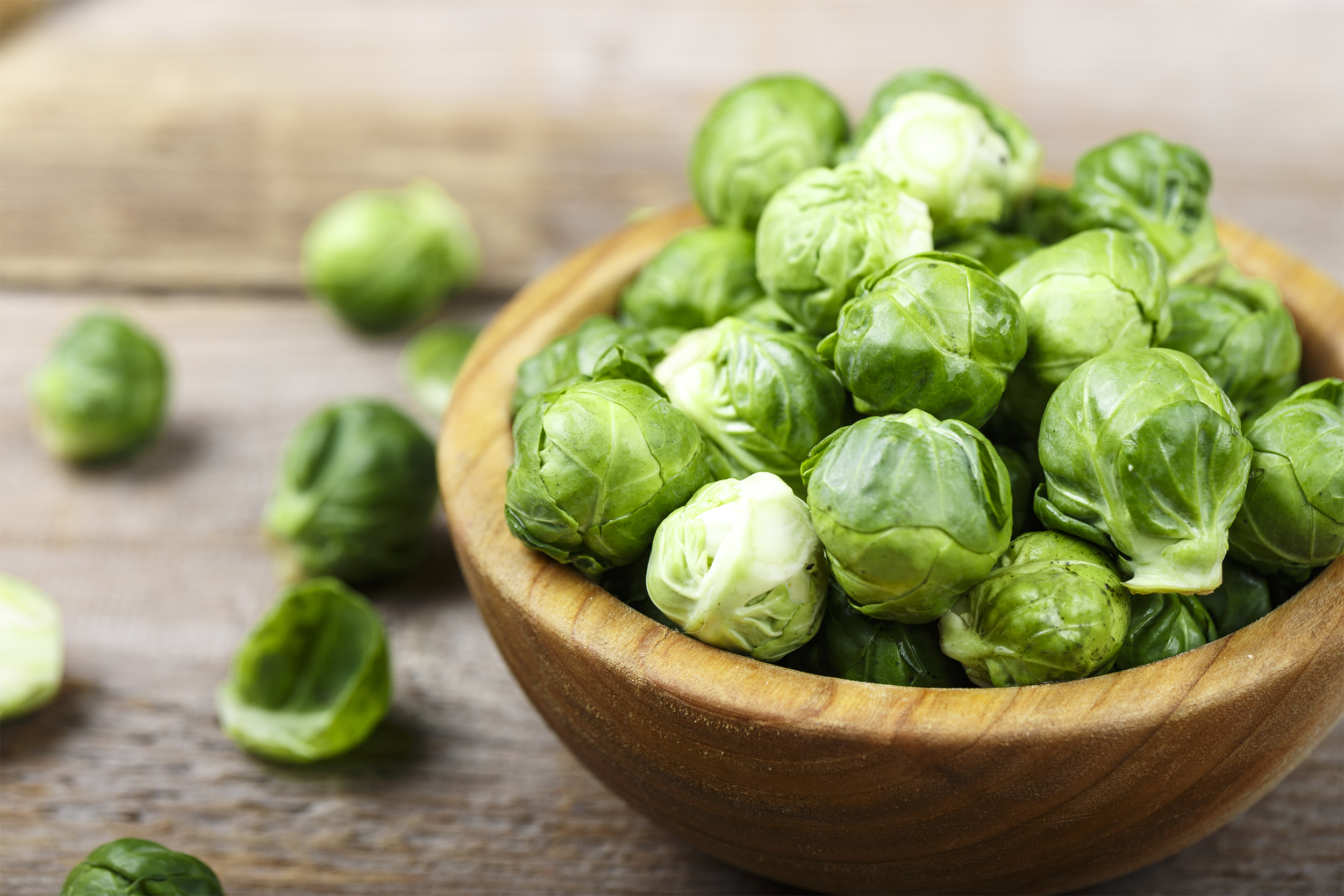
Another cruciferous vegetable, Brussels sprouts will spoil less quickly than other, more delicate veggies. However, notes Hultin, it’s also “hard to know how long fresh produce has already been traveling or stored at the grocery store, so that can add to how quickly they spoil at your house.” Check the condition of your produce before storing it so that you’ll know if it might spoil more quickly than anticipated.
Will Spoil Quicker: Leafy Greens
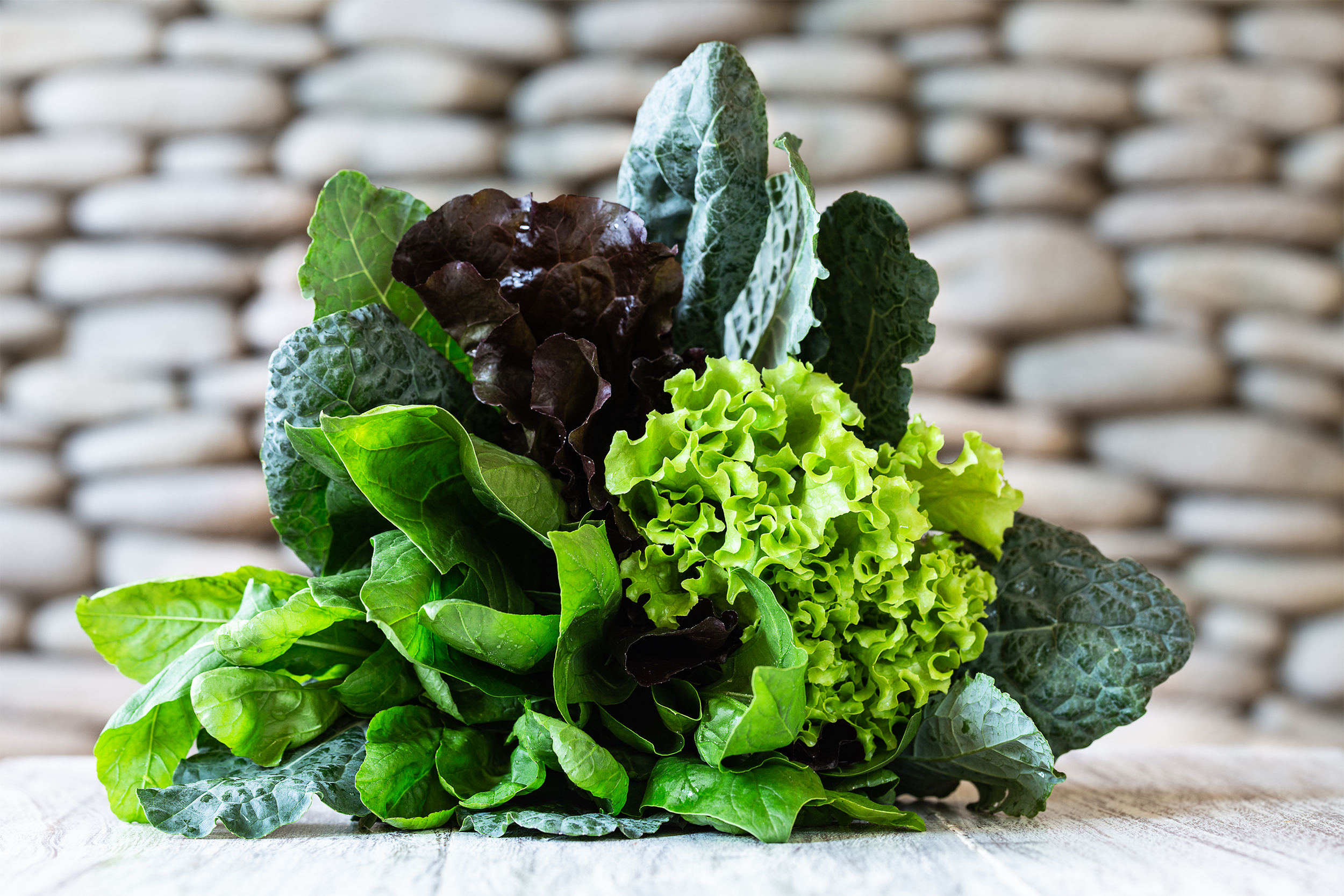
Registered dietitian Andrew Wade of Case Specific Nutrition notes that “leafy vegetables have the shortest life,” because they “require the most nutrients to be kept alive.” When meal-planning for your week, Hultin notes, “delicate veggies like spinach, kale, and lettuce should be used first.” Also, Wade adds, when storing leafy greens, make sure to keep them dry and “add a paper towel to their storage container.”
Related: 25 Veggies to Buy Instead of Kale
Will Last: Cabbage
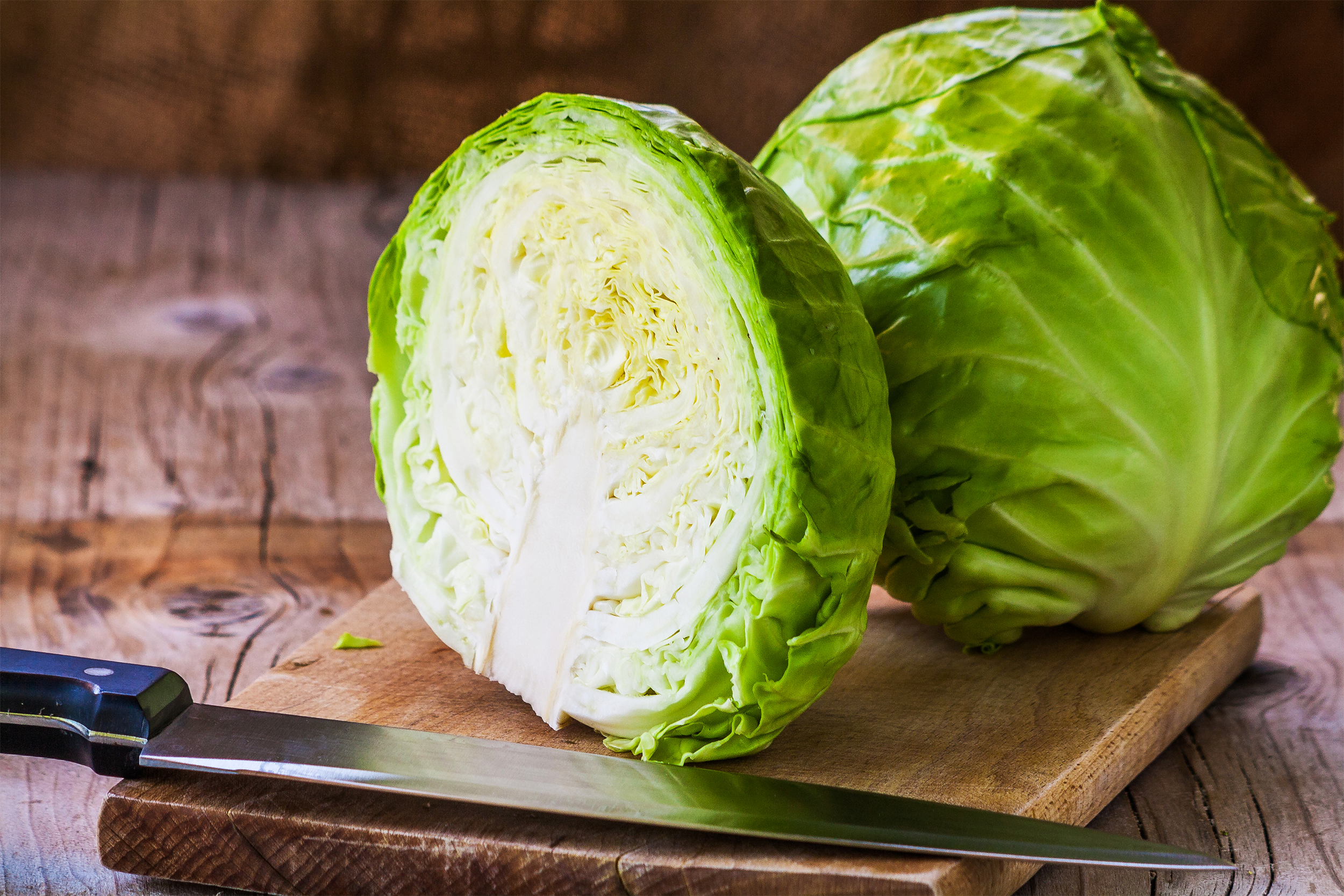
Trending on Cheapism
Will Last: Onions
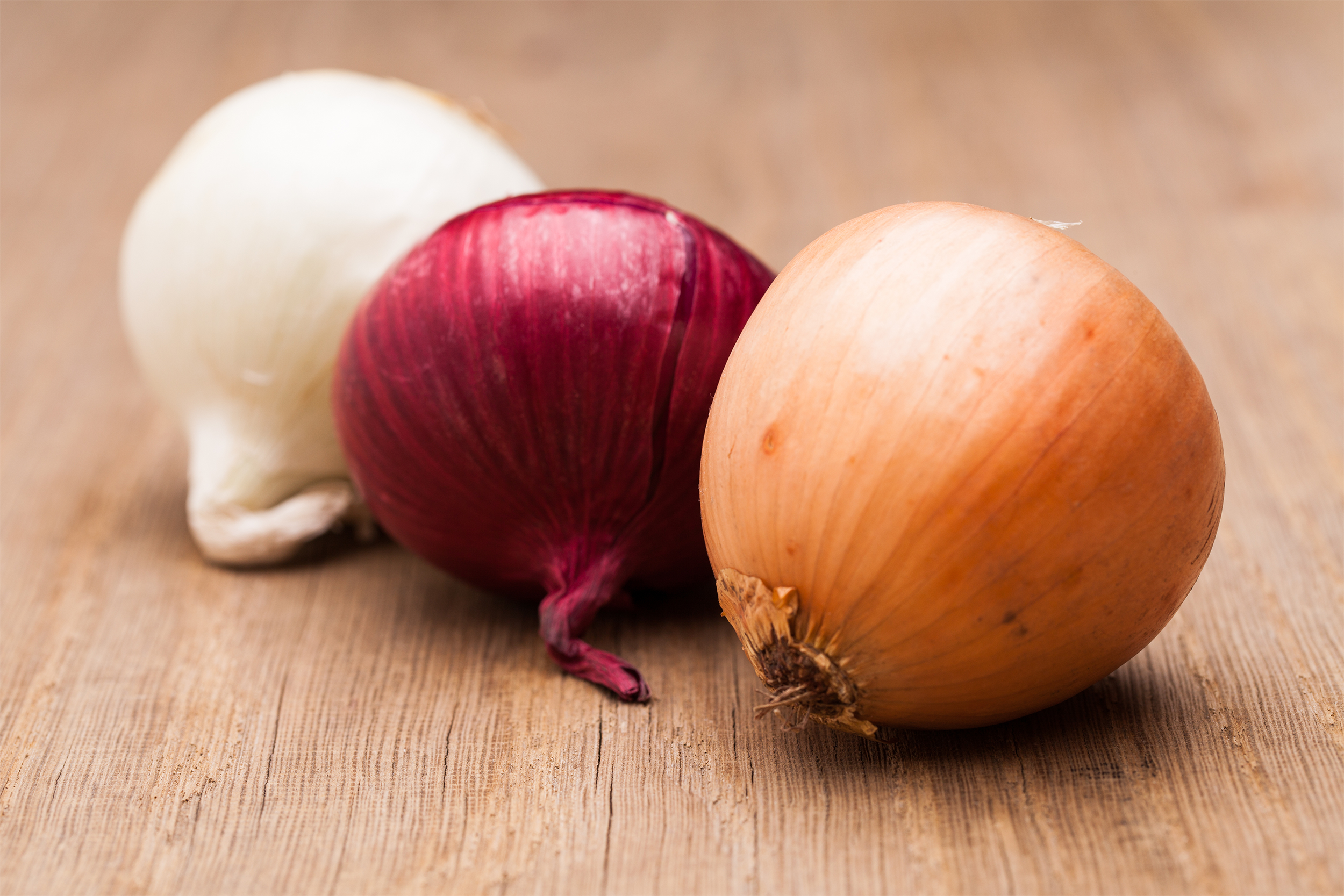
Will Last: Garlic
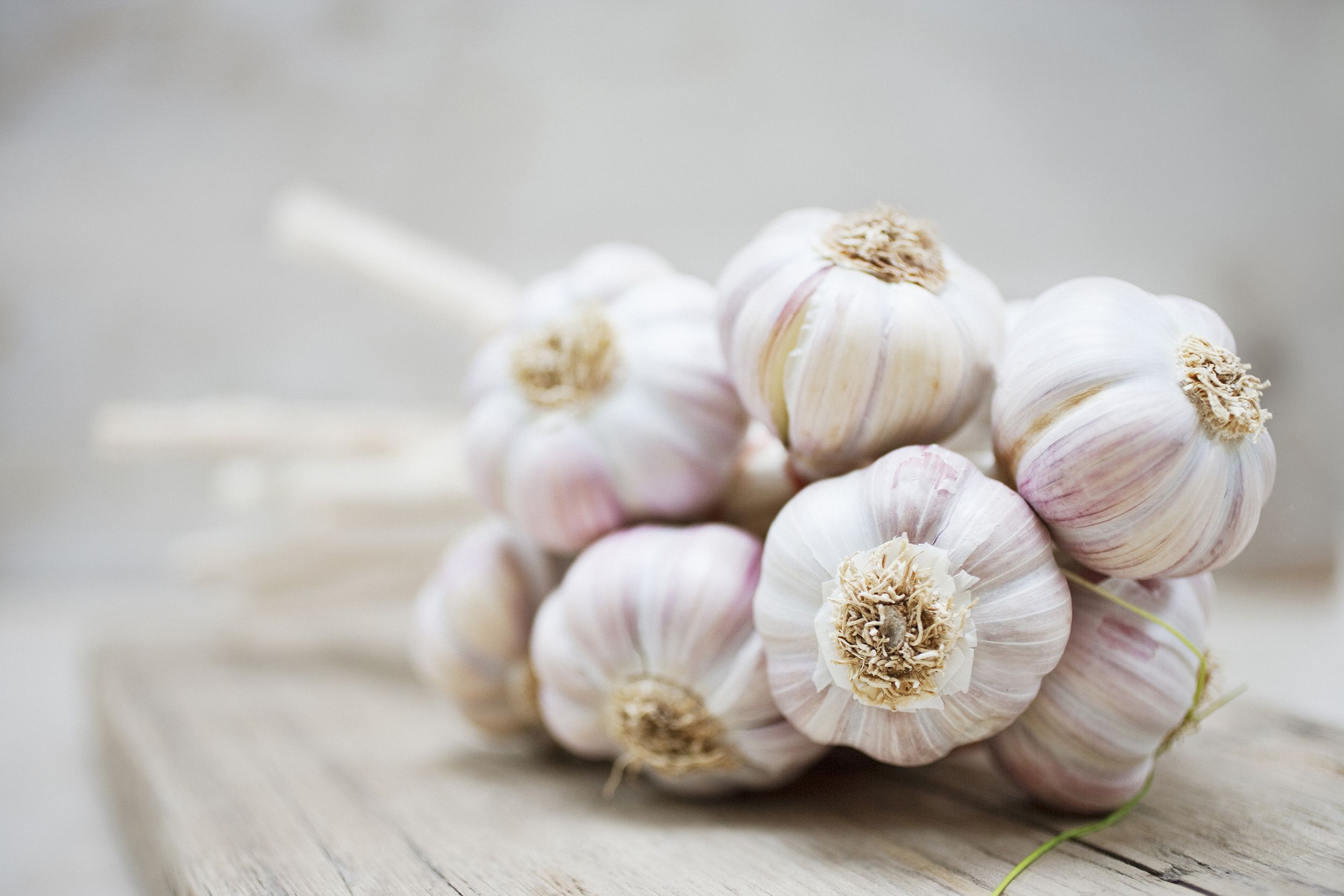
Like onions, store garlic someplace dark and keep it cool and dry to make it last longer. Something like this Amazon best-selling vented garlic keeper will help with garlic longevity.
Will Spoil Quicker: Herbs
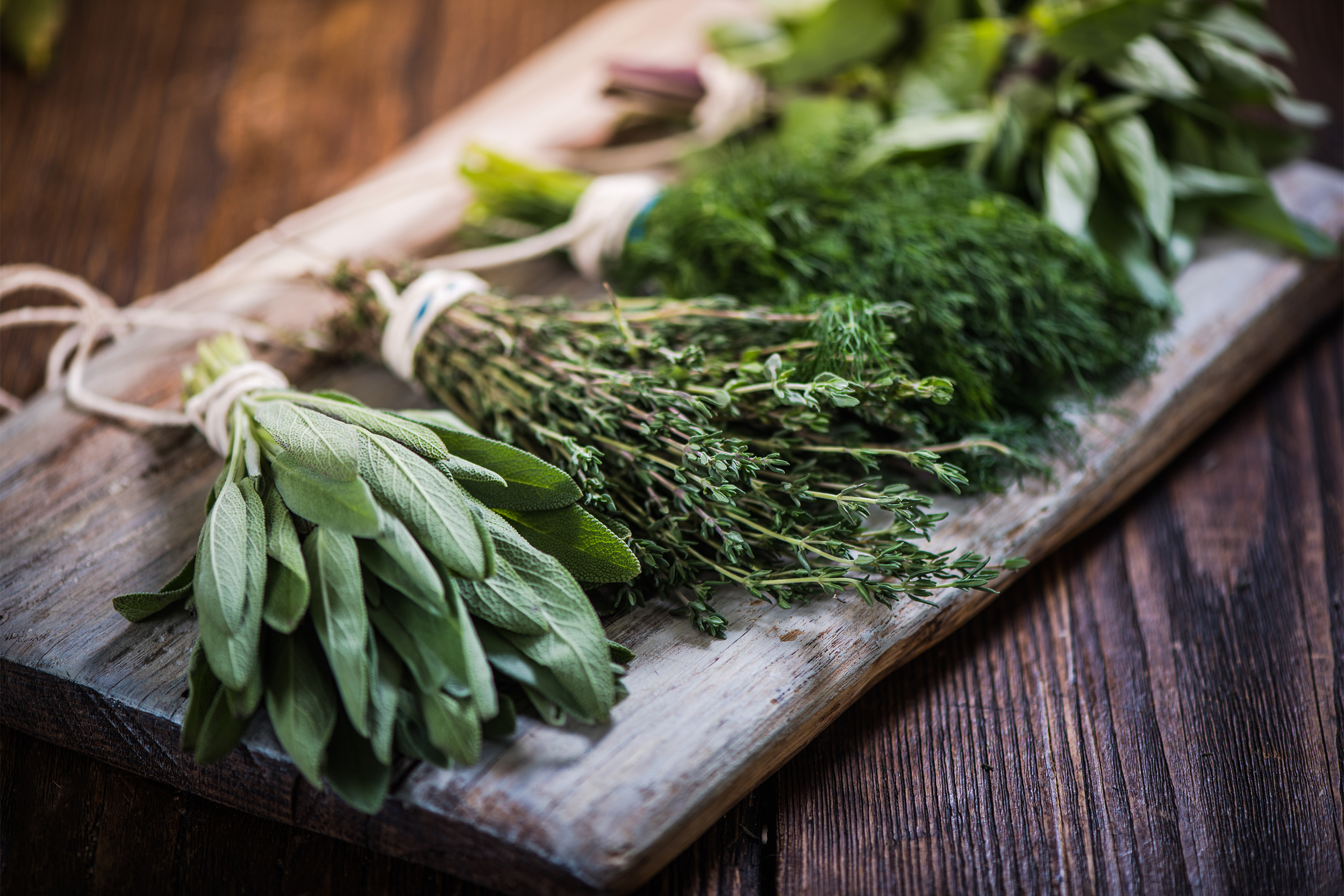
Perhaps not surprisingly, herbs, like leafy greens, spoil relatively quickly due to their delicate nature. One tip? “My favorite ‘stay fresh’ tip for herbs such as parsley or cilantro is to remove the rubber band or twisty around the stem, chop off the bottom and put it in a glass of water with a plastic bag loosely on top and store in the fridge,” says registered dietitian Pamela Malo. “I’ve had herbs last for weeks that way!”
Related: How to Grow Plants and Vegetables From Kitchen Scraps
Sign up for our newsletter
Will Last: Potatoes
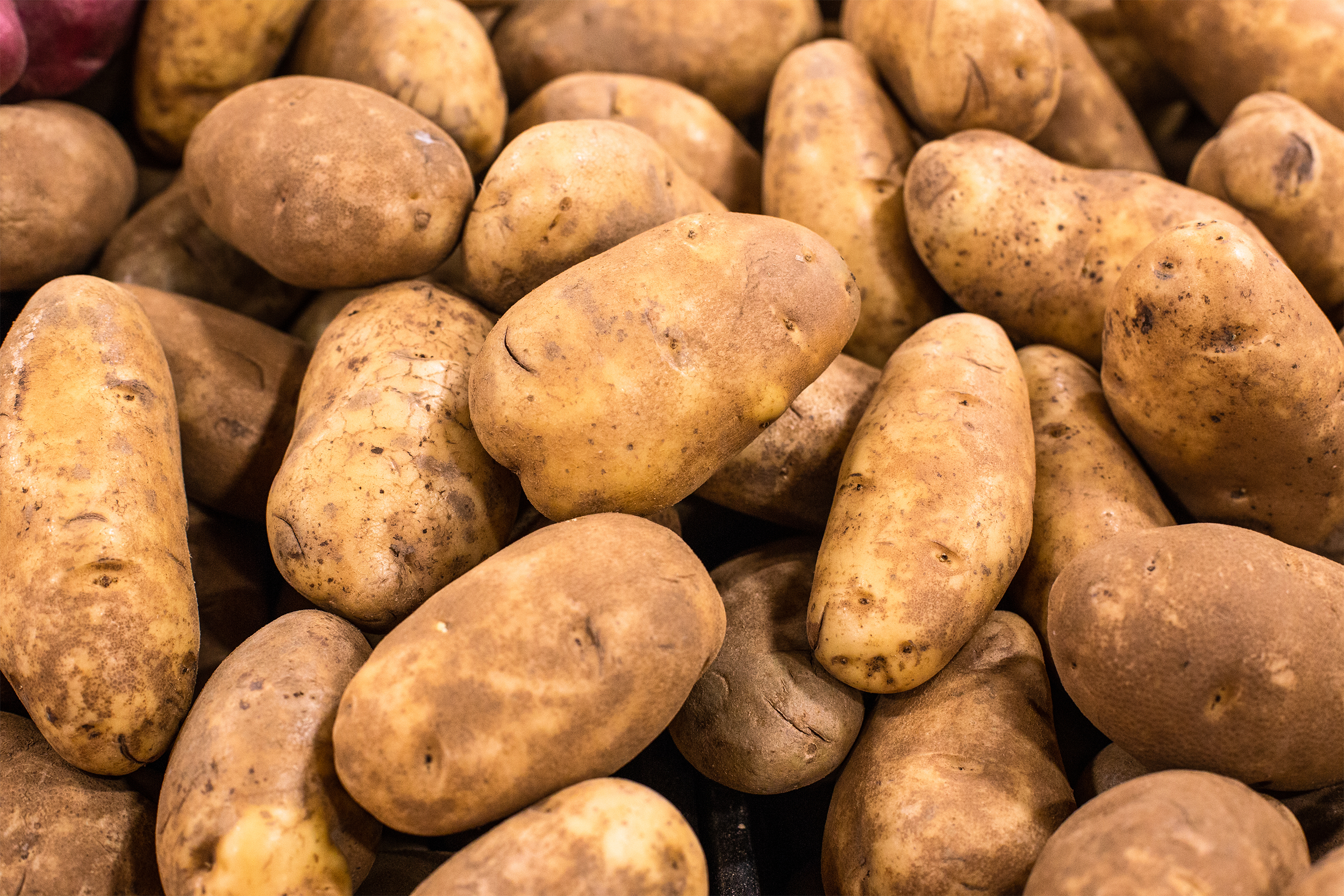
Will Last: Squash
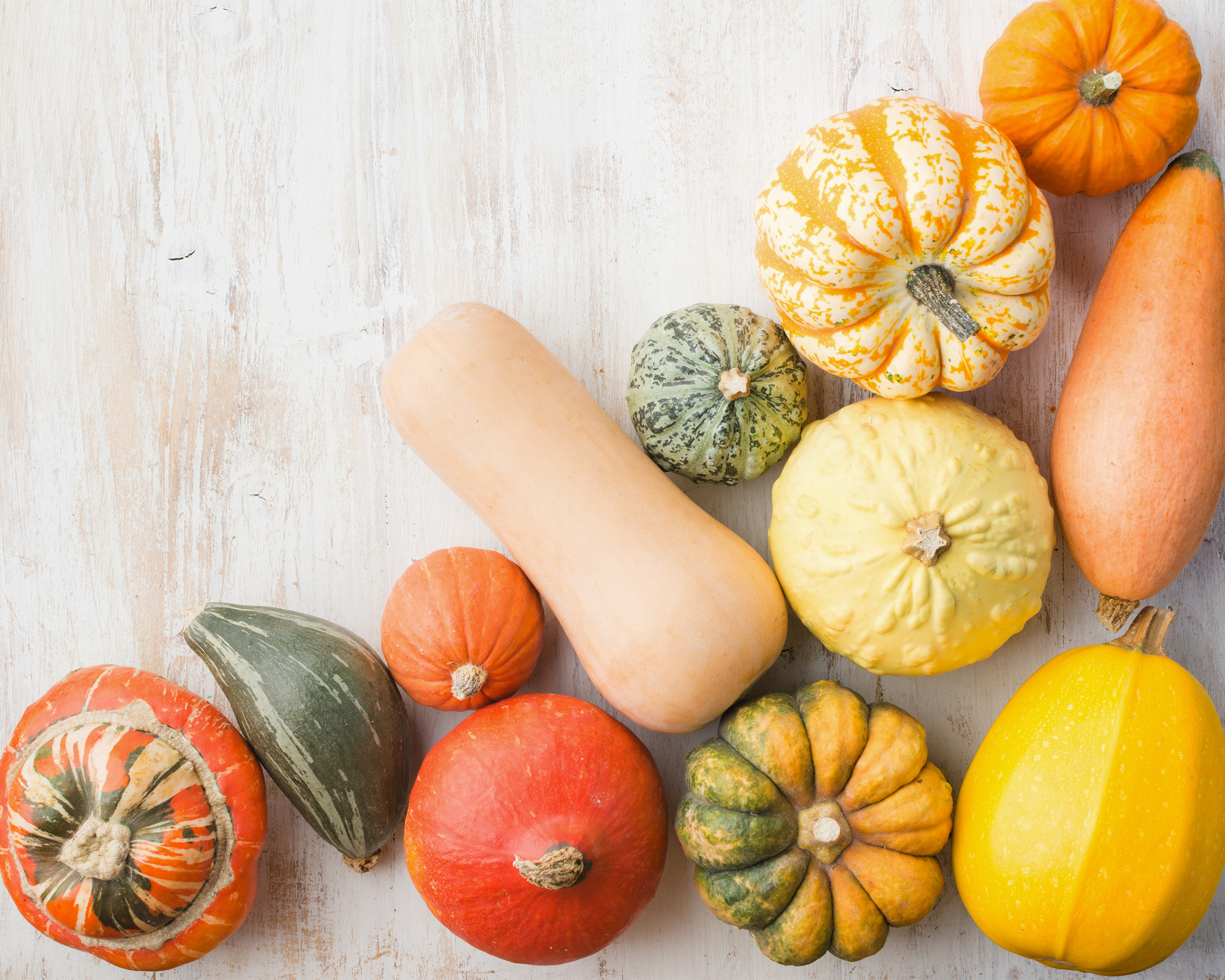
Will Last: Beets
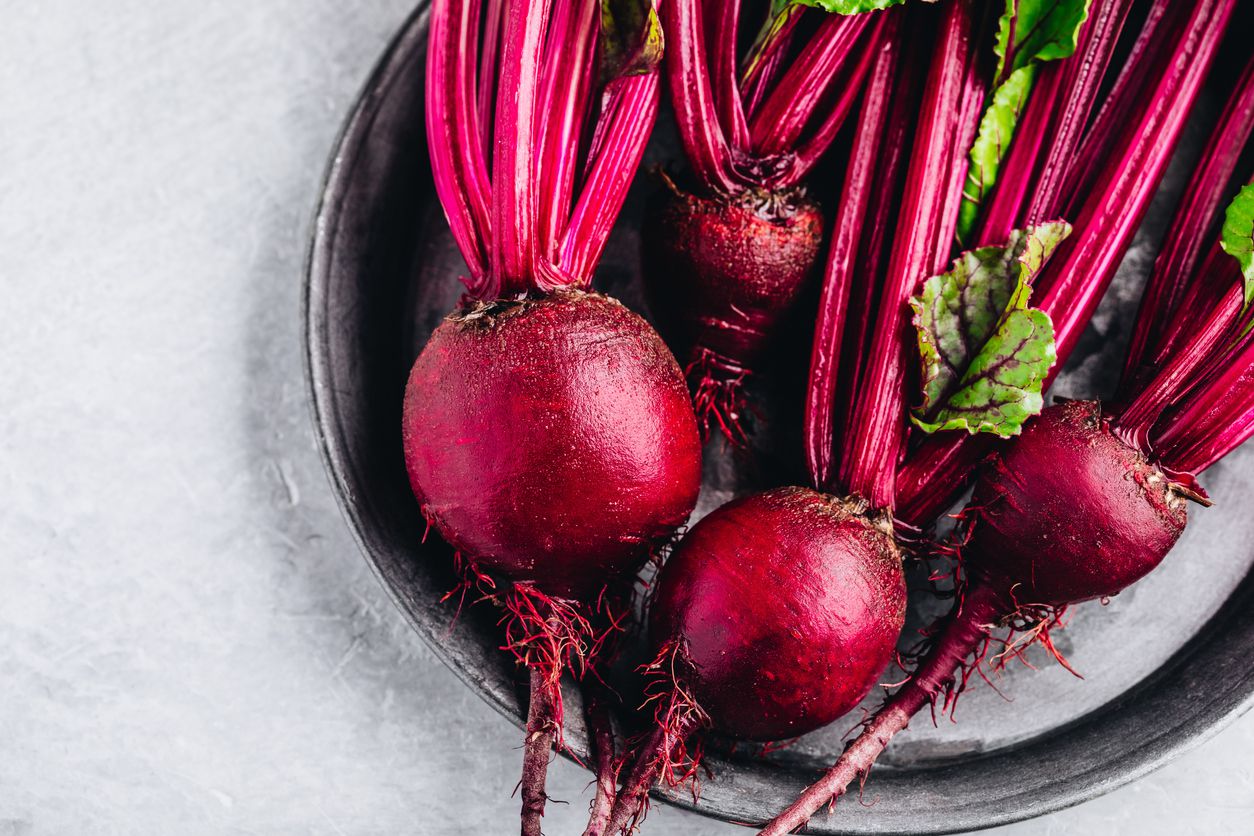
Will Spoil Quicker: Peppers
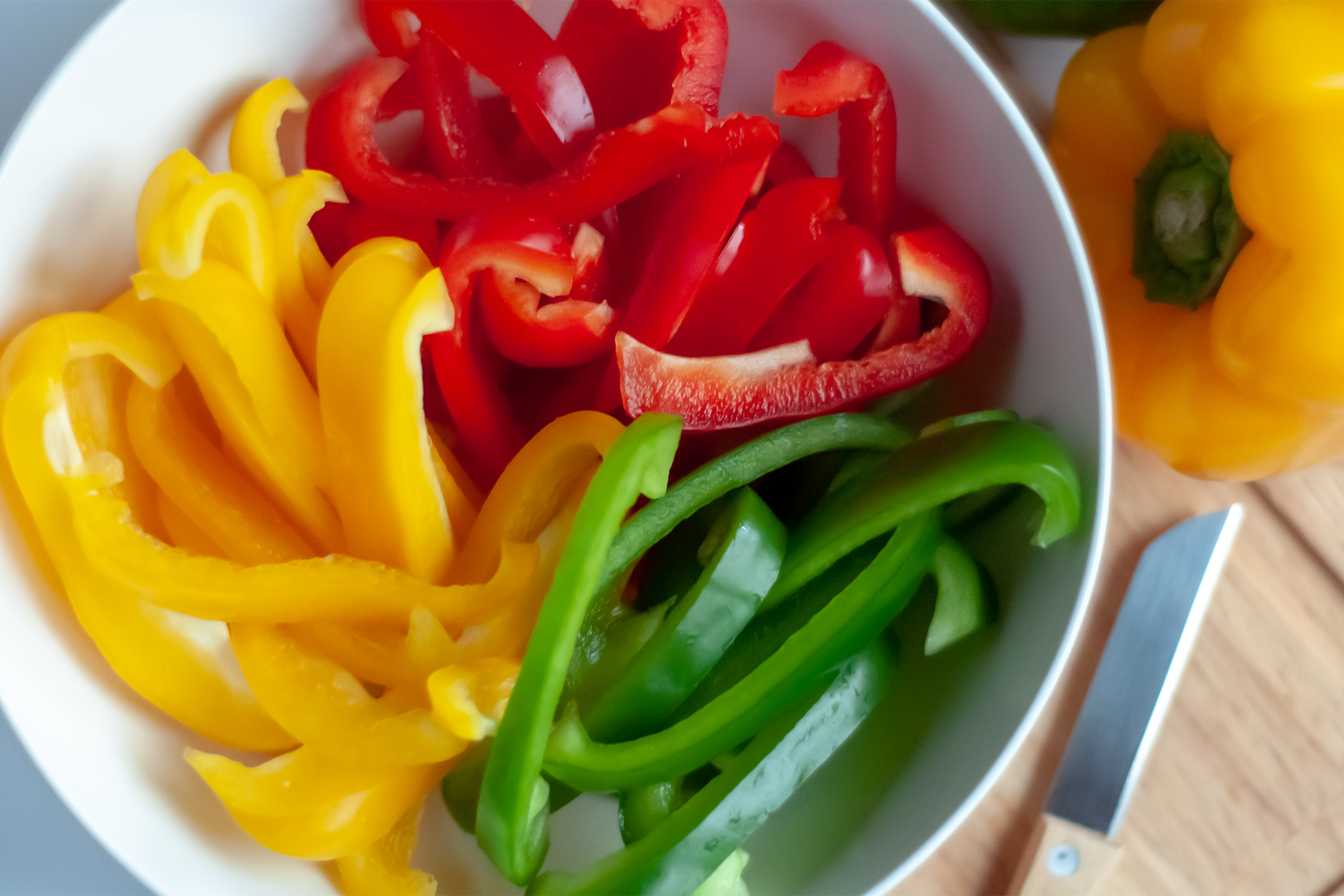
Related: 11 Grilling Recipes That Showcase Summer Produce
Will Last: Turnips
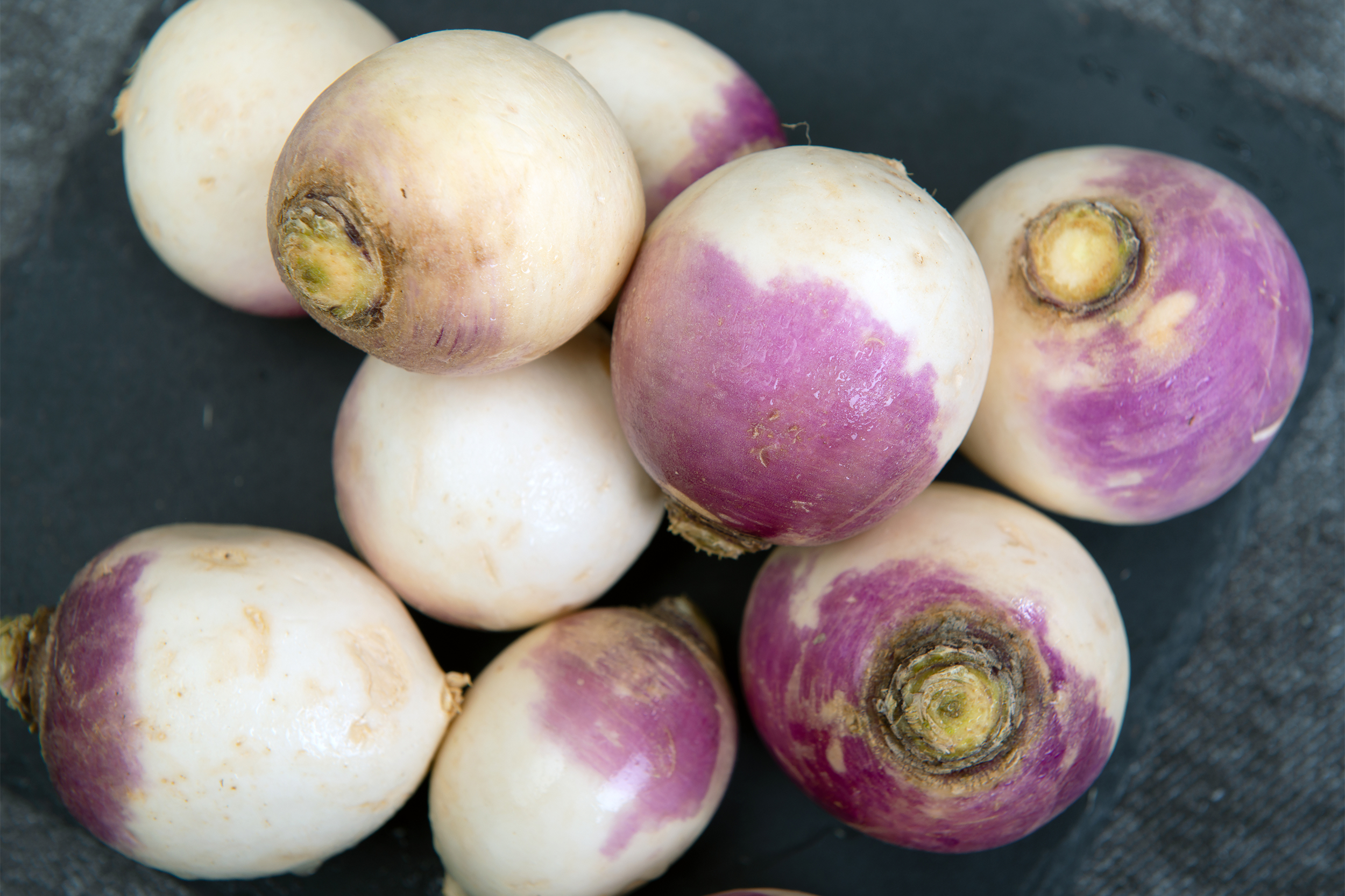
Turnips are another root vegetable that will keep for long periods of time. While not a very popular vegetable, turnips can be roasted and mashed like potatoes, added to soups and more. Choose smaller turnips as they will be less fibrous and not as bitter.
Will Last: Parsnips
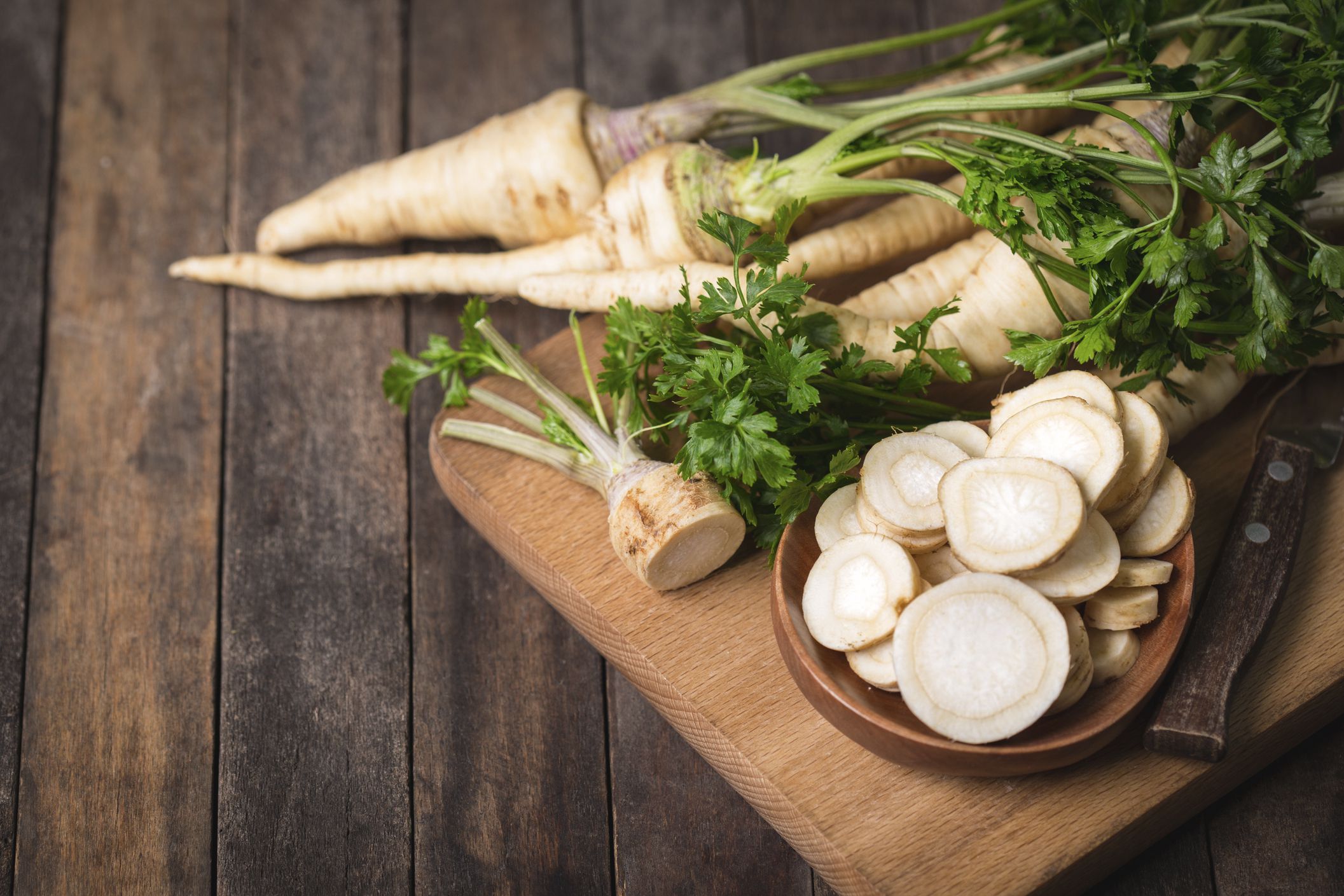
Will Last: Sweet Potatoes
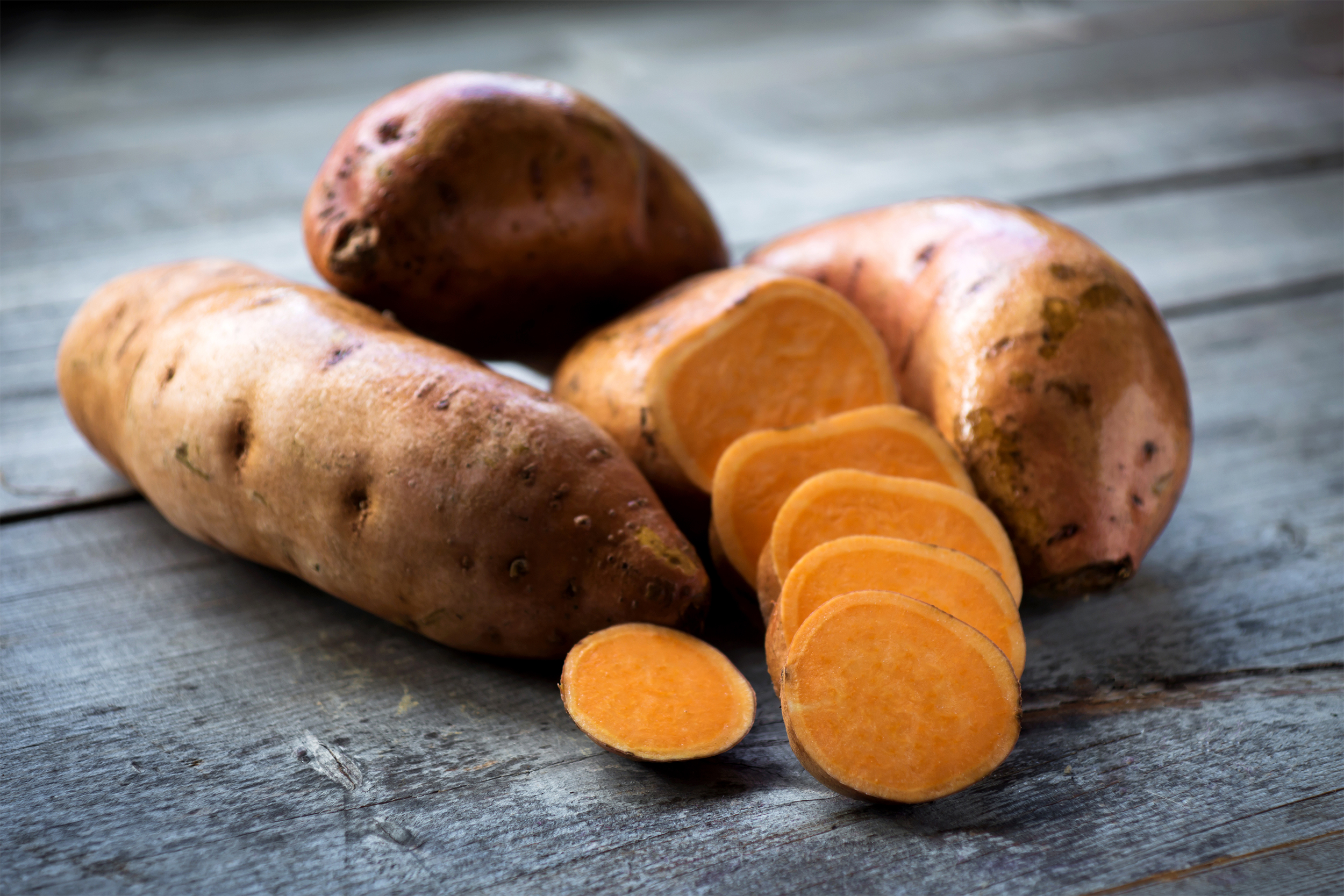
Sweet potatoes make Wade’s list for veggies that won’t spoil quickly. They can also be diced and sliced and frozen for later use, and you can even pre-cook them and then freeze them whole or mashed. Sweet potatoes can also be used in a wide variety of recipes.
Will Last: Carrots
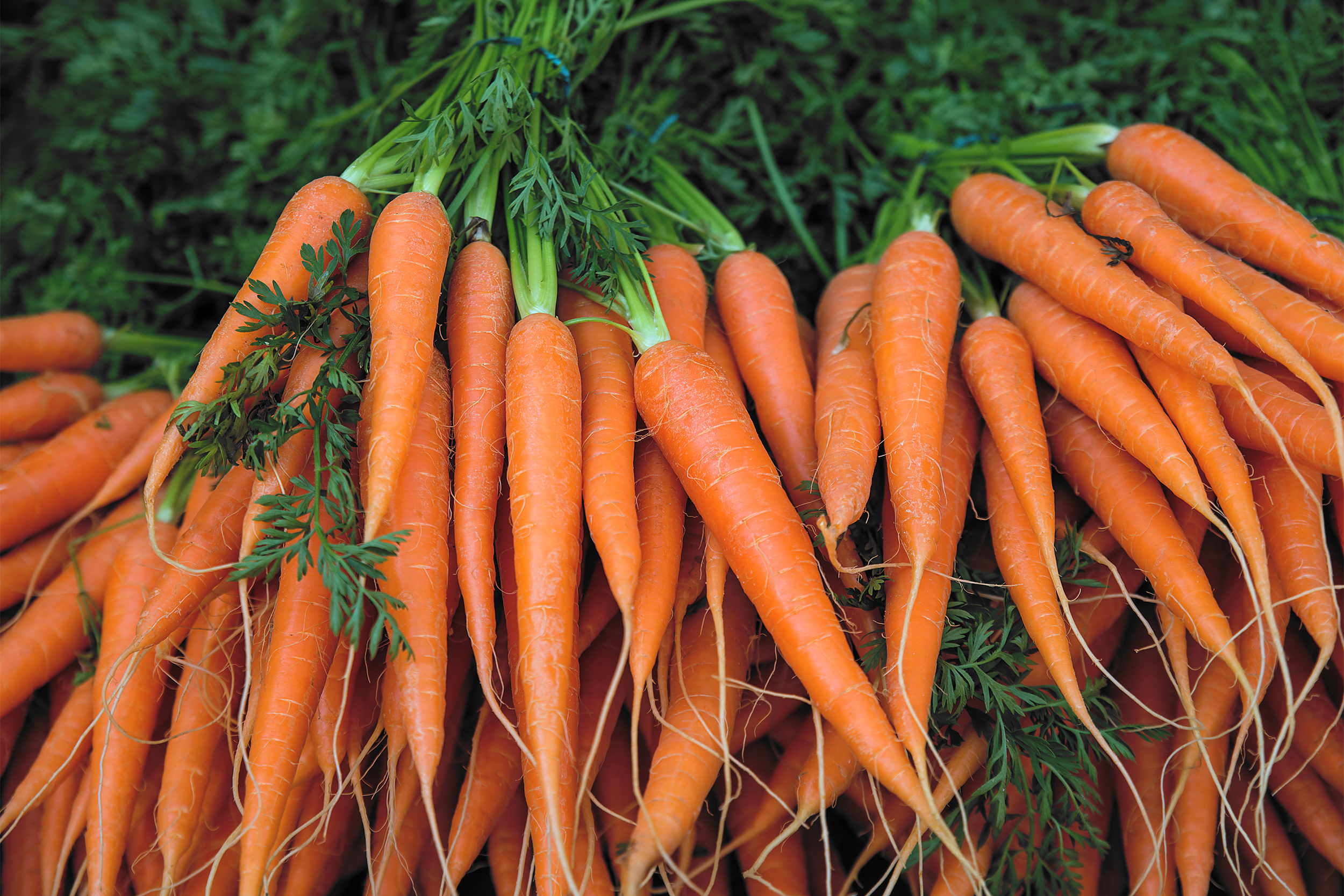
Related: Autumn Cornucopia: 10 Vegetables to Grow in Your Fall Garden
Will Spoil Quicker: Mushrooms
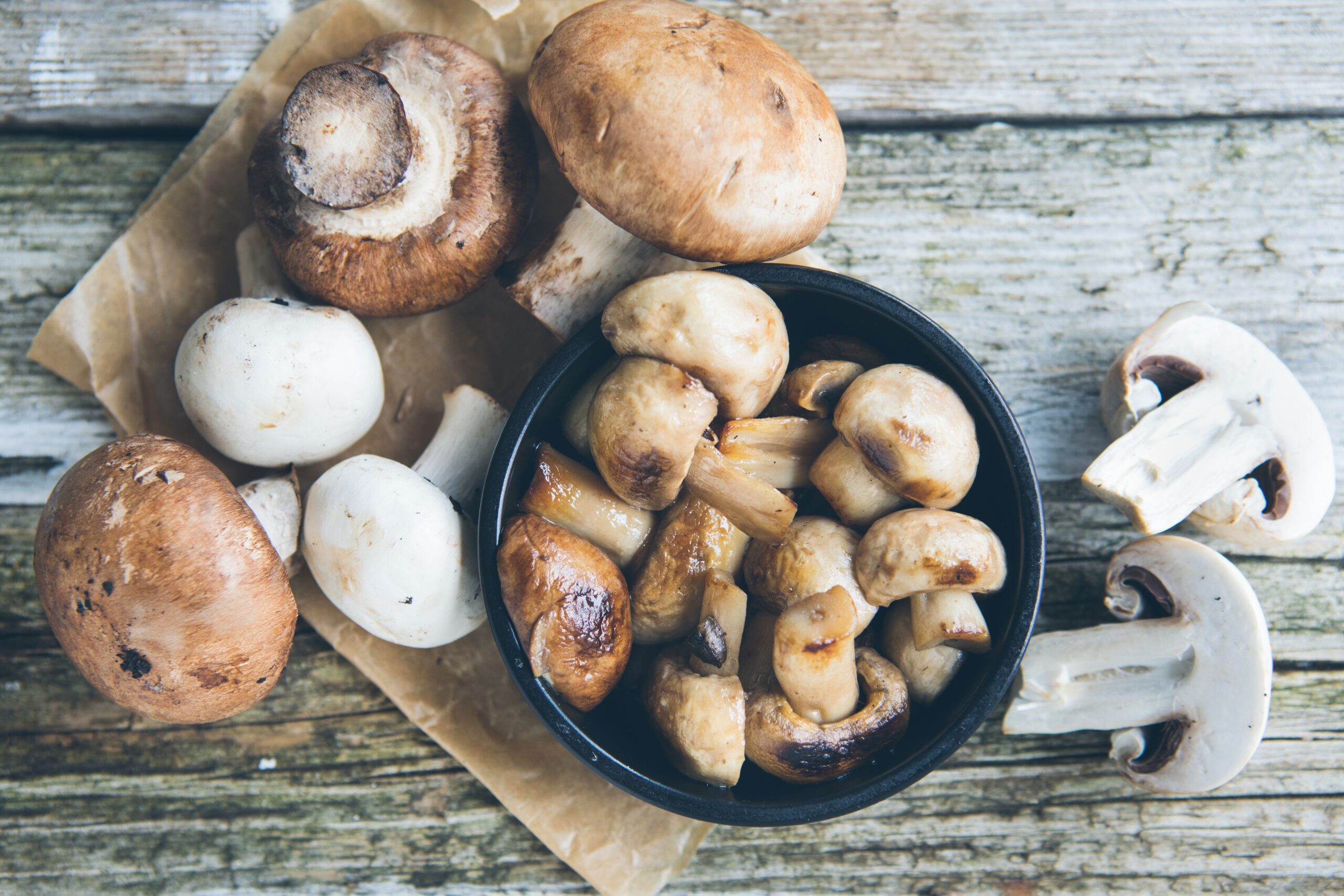
Will Last: Celery
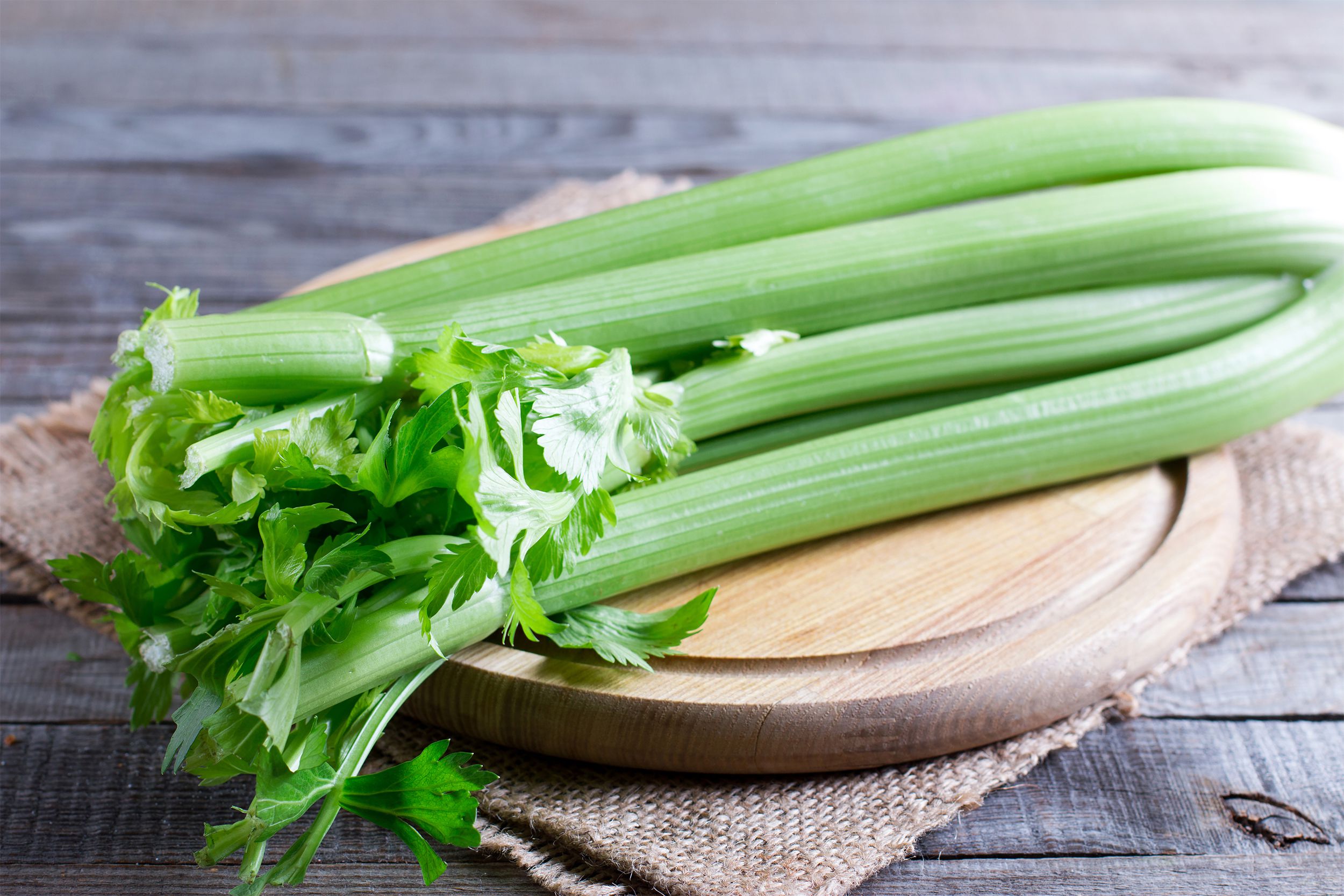
Will Last: Apples
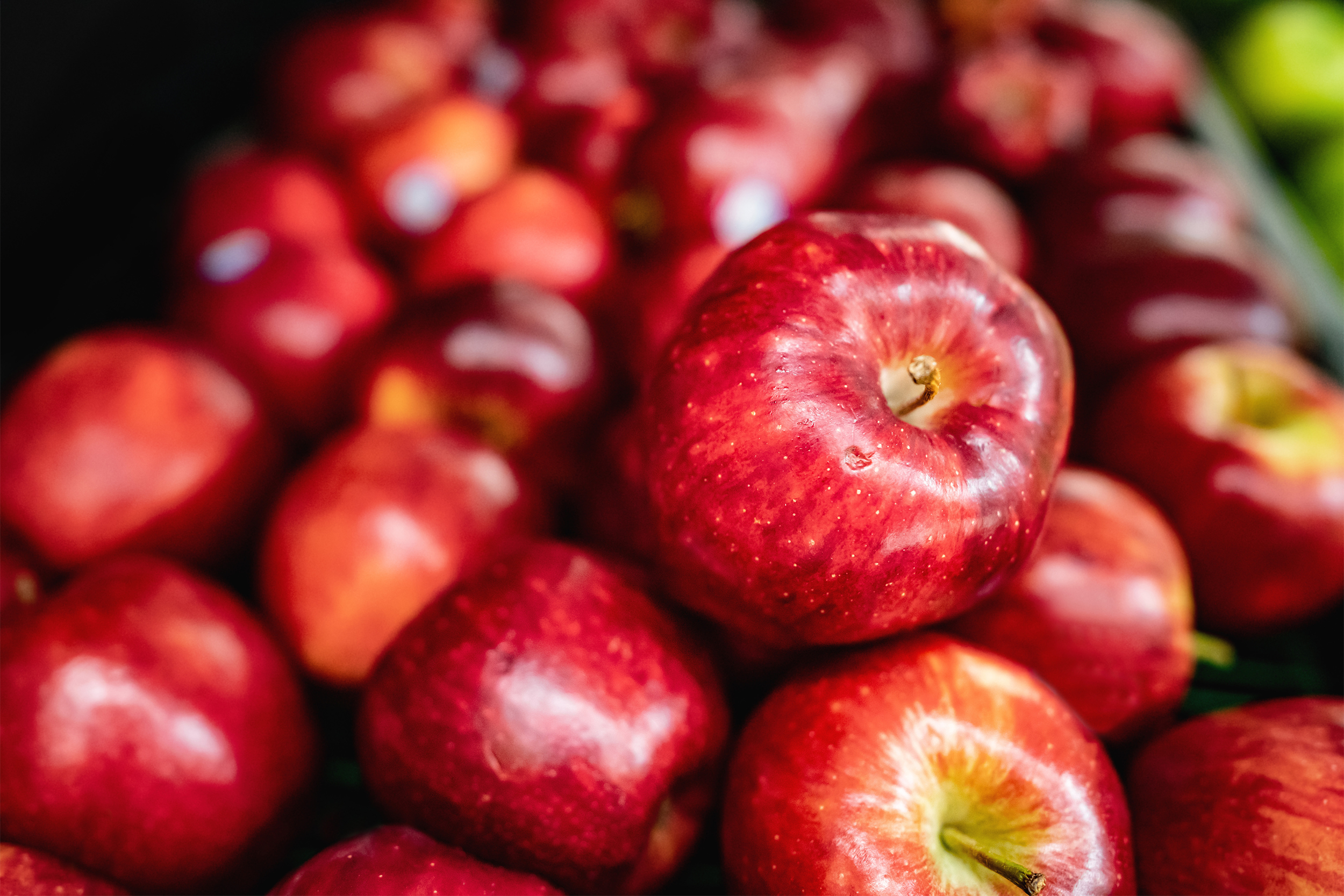
Apples can maintain freshness for around a week if kept on the countertop but will last longer — up to six weeks — if kept in your refrigerator crisper drawer. If apples are nearing their less-than-fresh date, make them into applesauce, which can be frozen for two months before needing to be used.
Related: Food Expiration Dates and Food Freshness Labels Explained
Will Spoil Quicker: Bananas
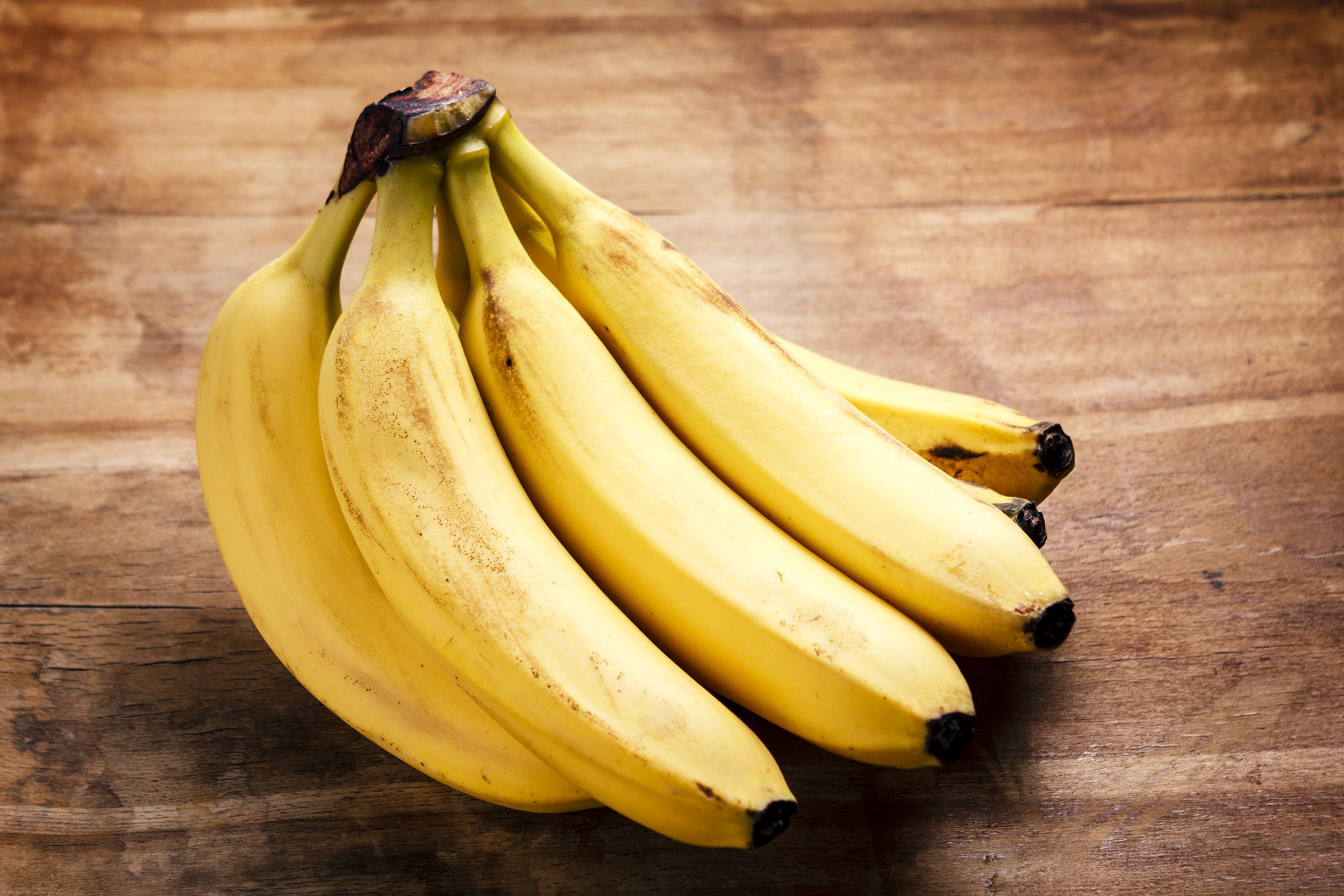
Will Last: Citrus Fruits
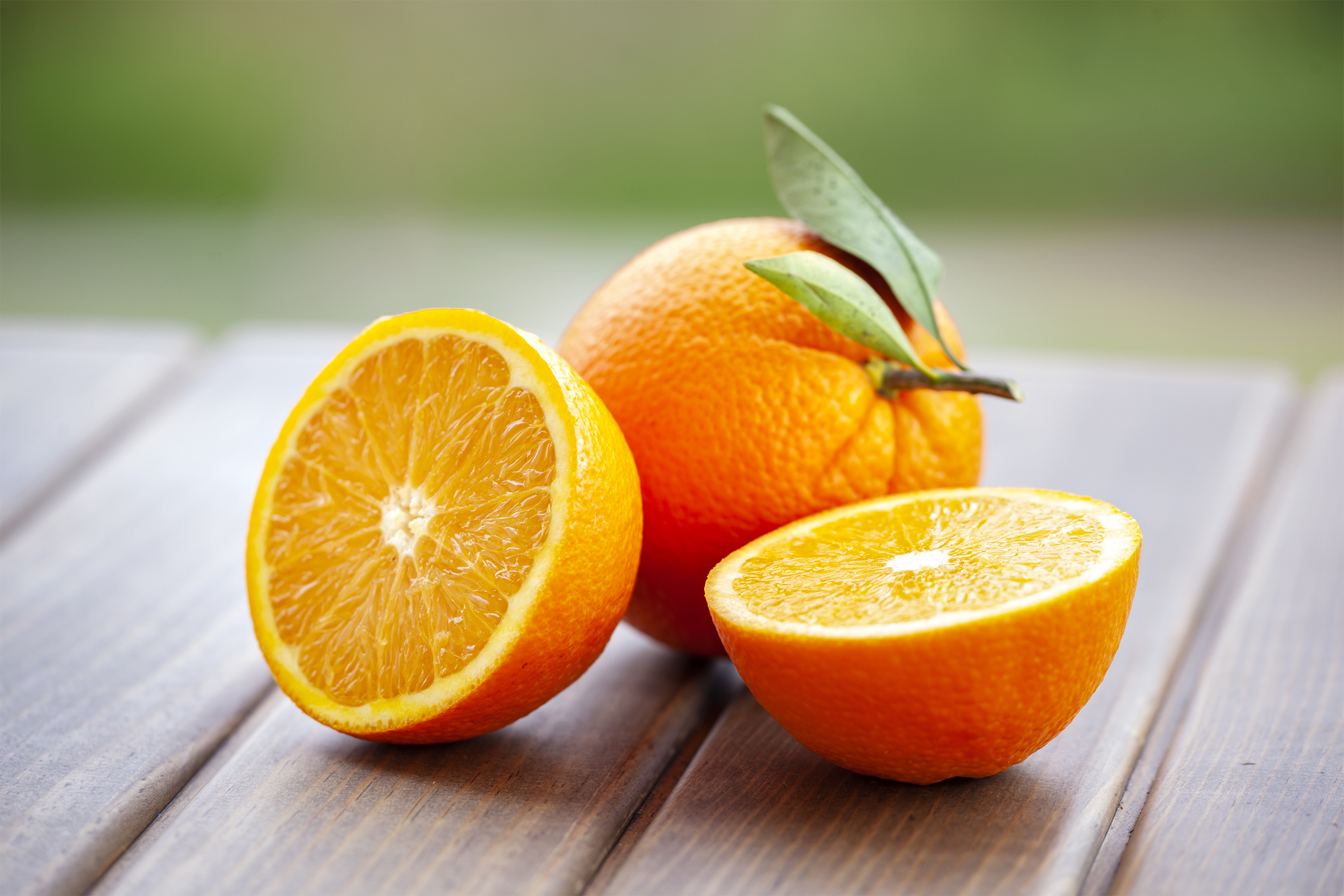
Will Last: Pomegranates
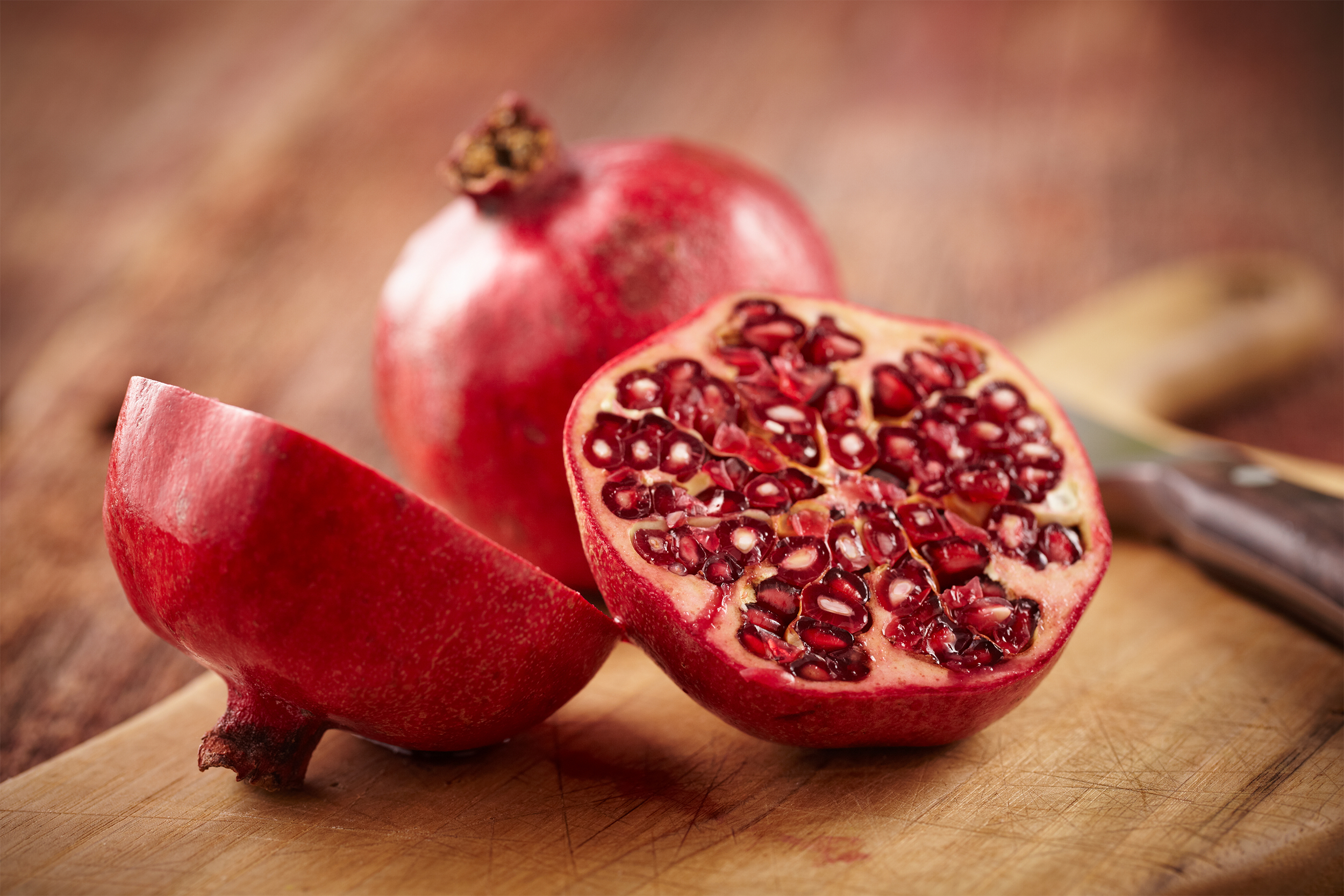
Keep pomegranates whole until you’re ready to consume them, as the juicy arils inside will only last five to seven days once removed. Shelf-life guide website Still Tasty notes that pomegranates will last one to two weeks in the pantry, one to two months in the fridge, or 10 to 12 months frozen.
Will Last: Grapes
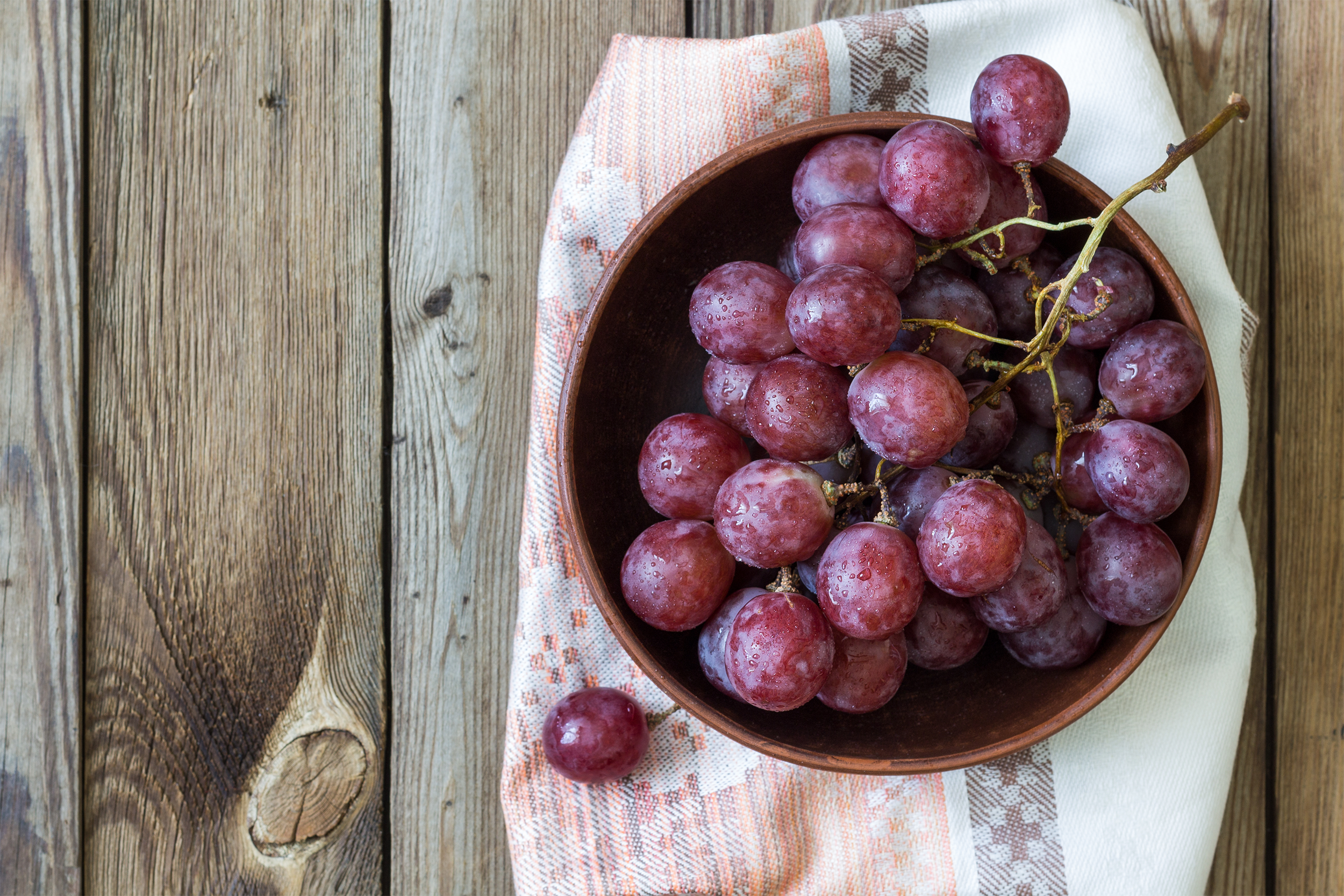
Will Spoil Quicker: Berries
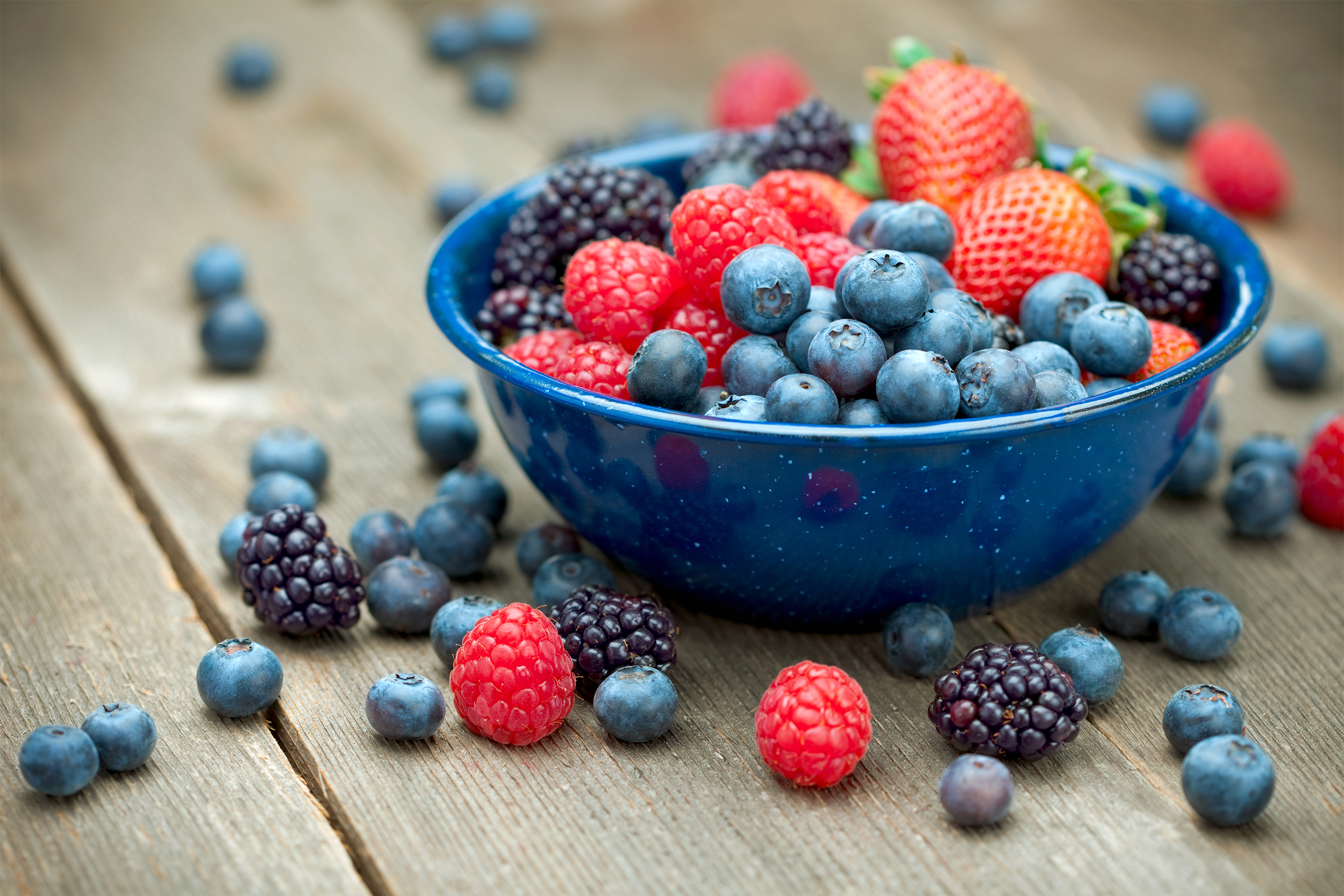
Will Last: Frozen and Canned Produce
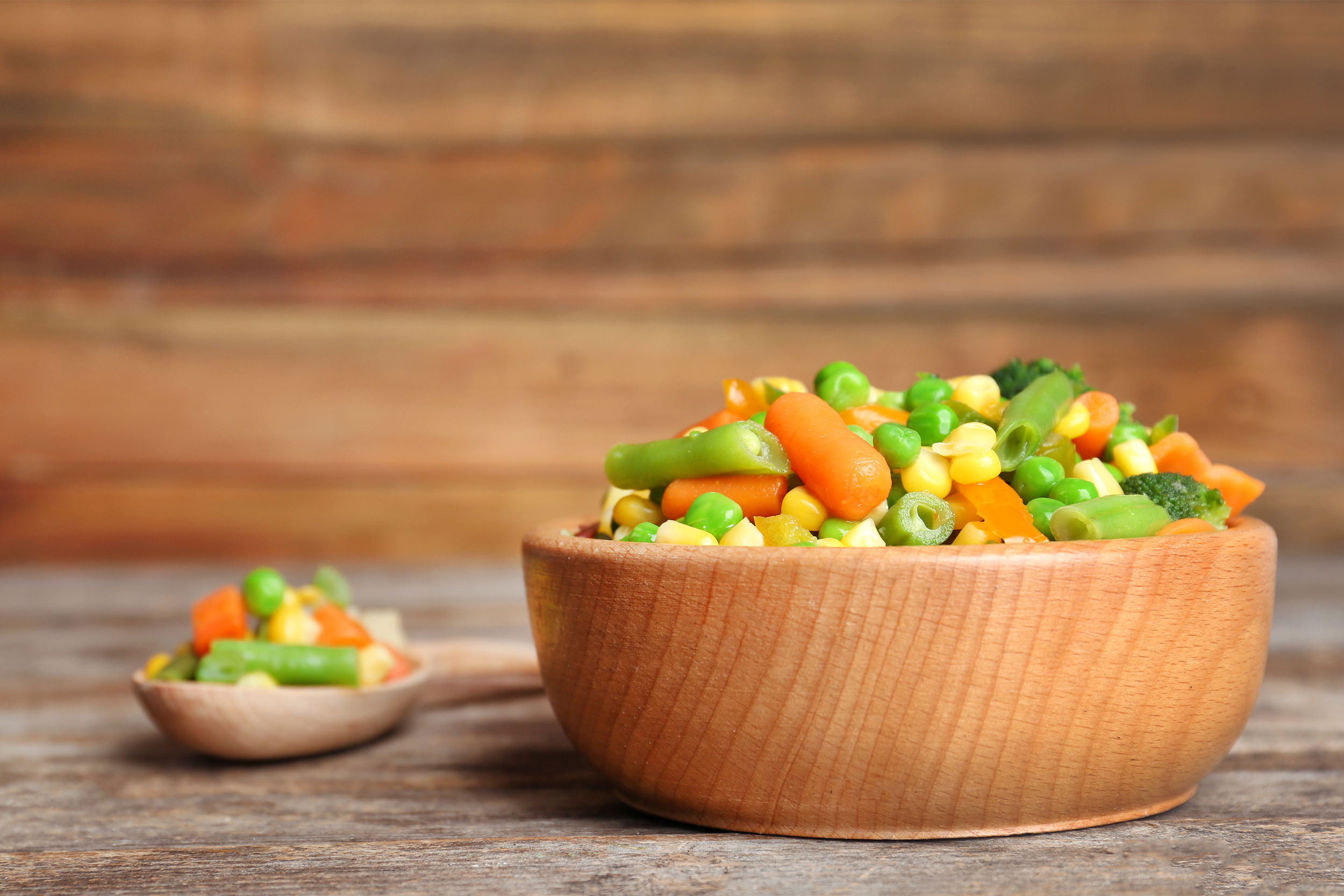
Both Hultin and Wade pointed out that people shouldn’t discount canned and frozen produce right now. “Canned and frozen products are often underestimated, so make sure that you consider all the different ways you can include these healthy foods into your diet,” Hultin says. Wade adds: “Frozen vegetables are very nutritious — they are frozen very quickly after being picked and the freezing process protects their nutrients.” As for canned veggies, he adds that home cooks can reduce the sodium in such products by 30-40% “just by rinsing in a colander before cooking.”
Related: 24 Healthy Recipes You’ll Never Know Were Made With Frozen Produce
